RELIGION AND RACIAL JUSTICE: TRANSFORMING THE MORAL IMAGINARY THROUGH FILM 2022–2023
possible by the Henry Luce Foundation
 Made
Made
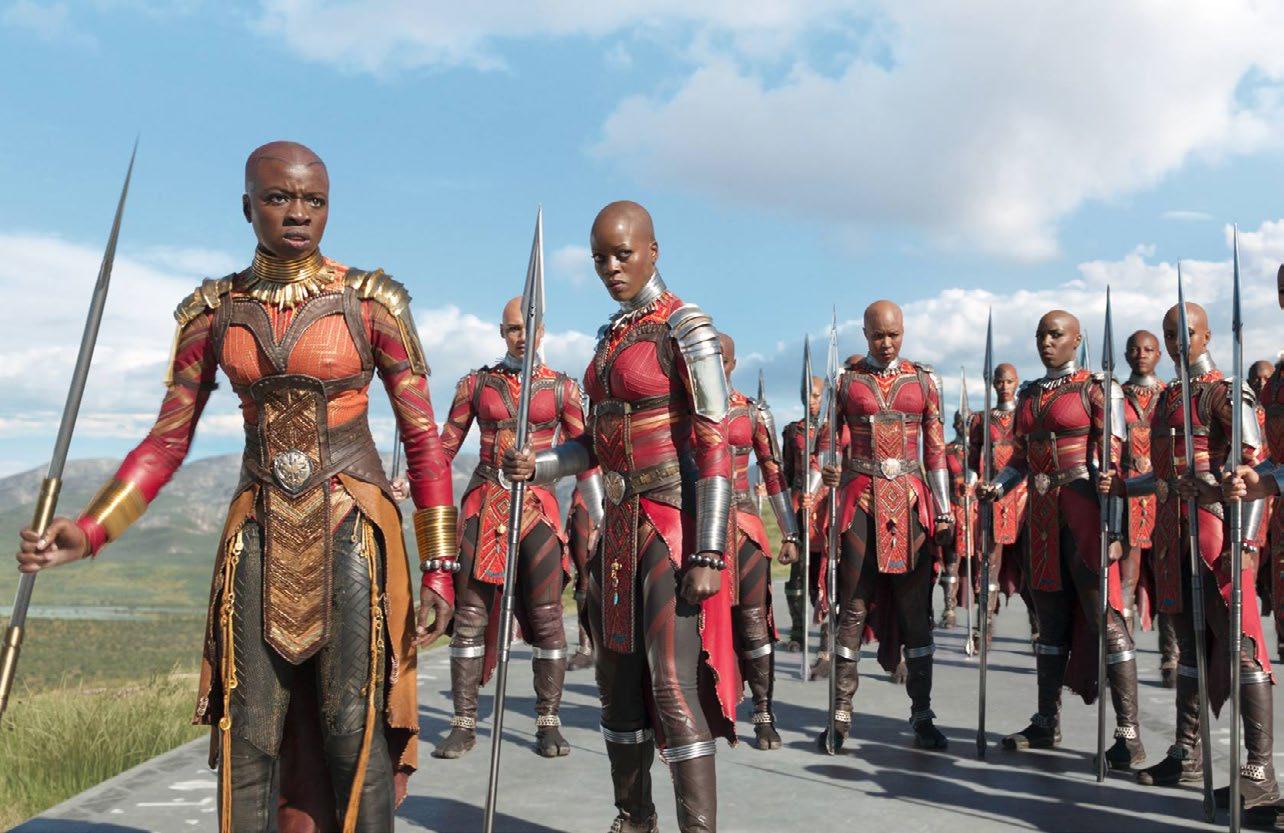
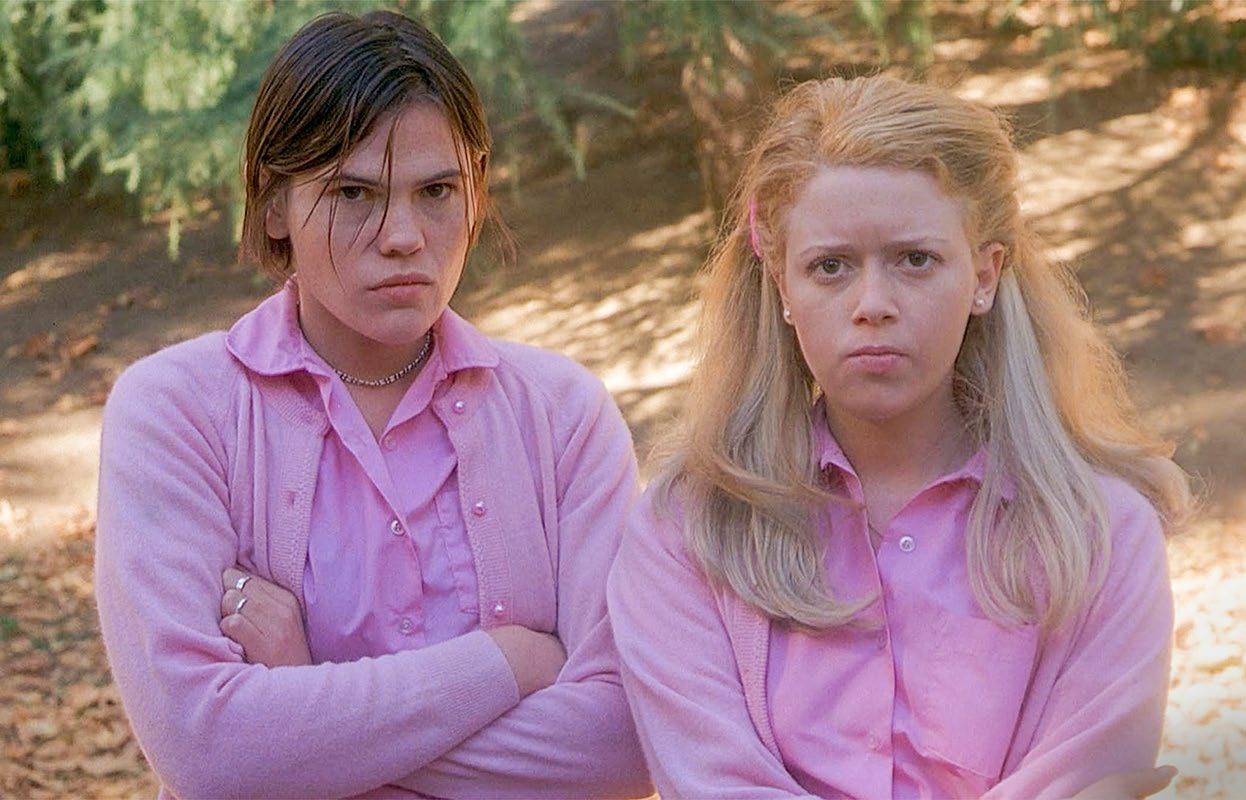
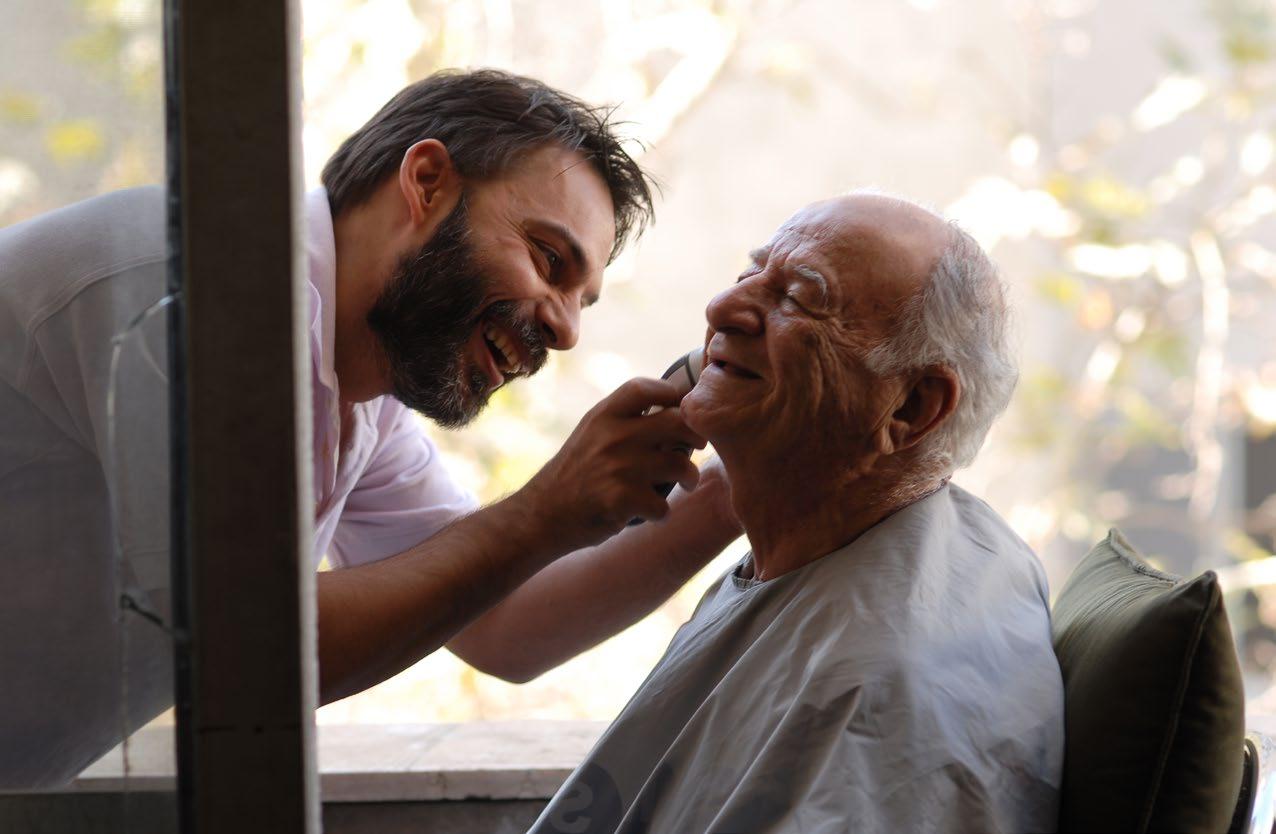
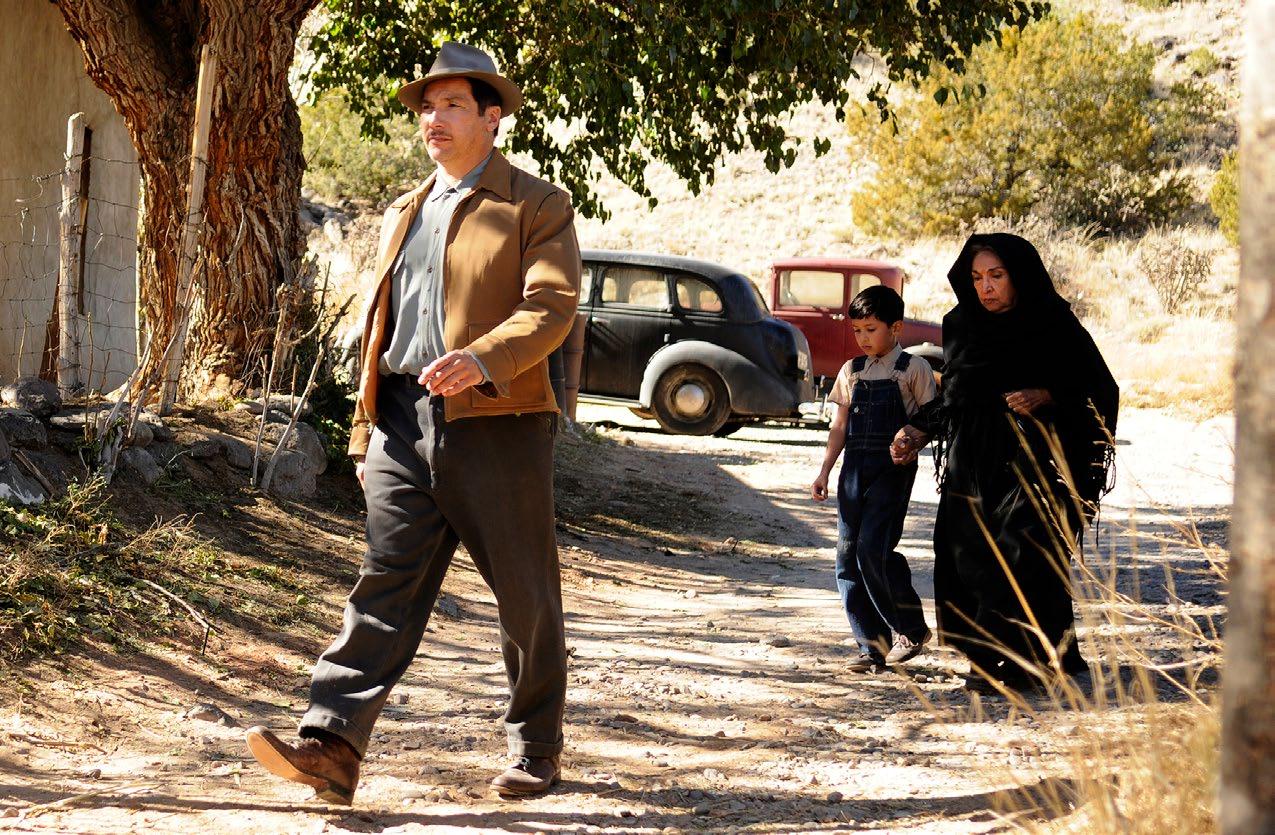
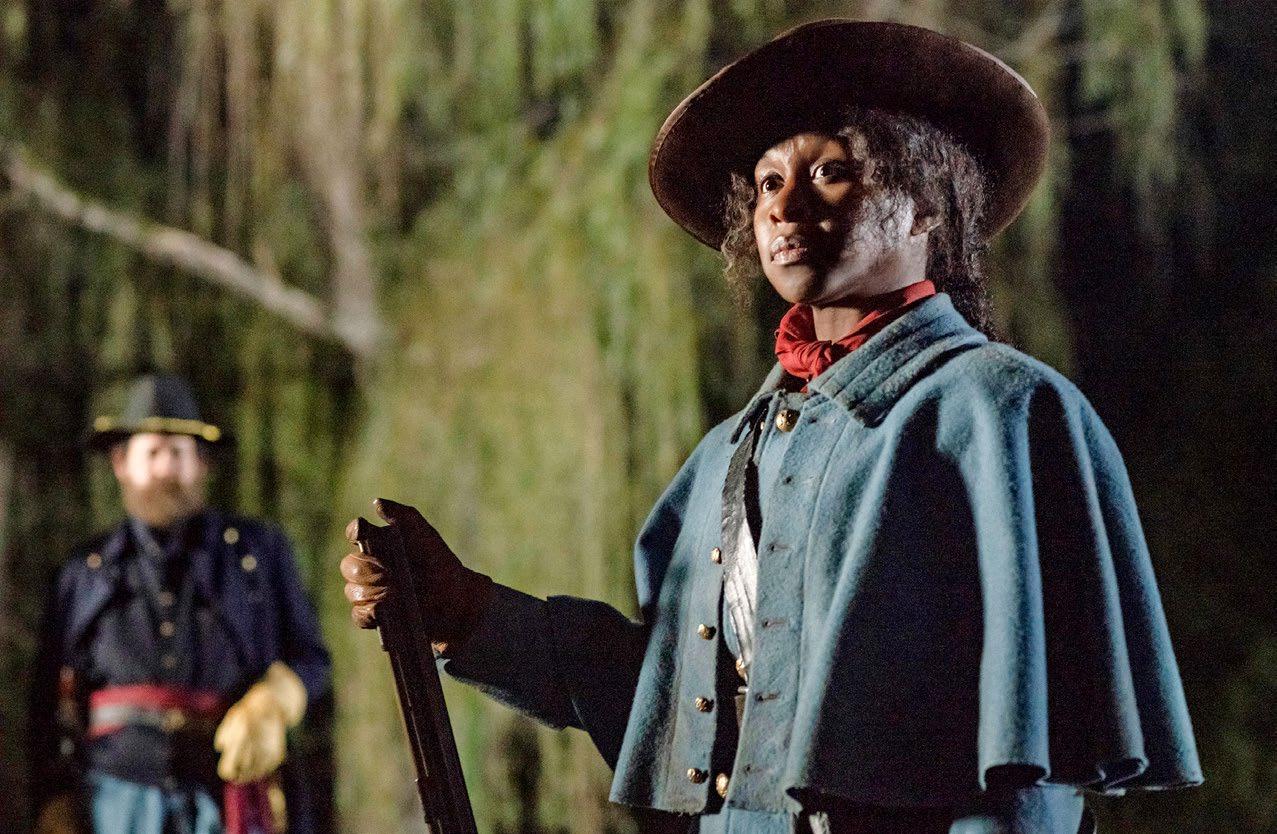
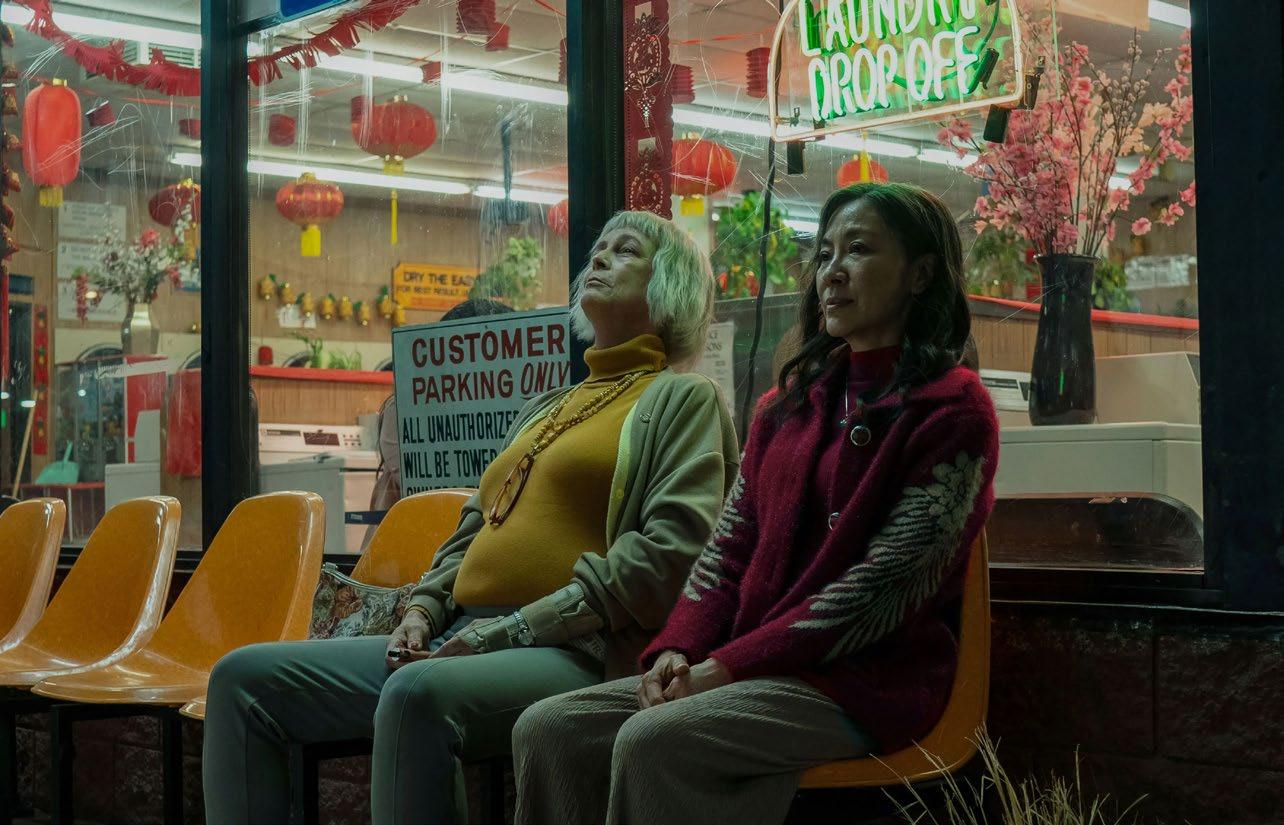
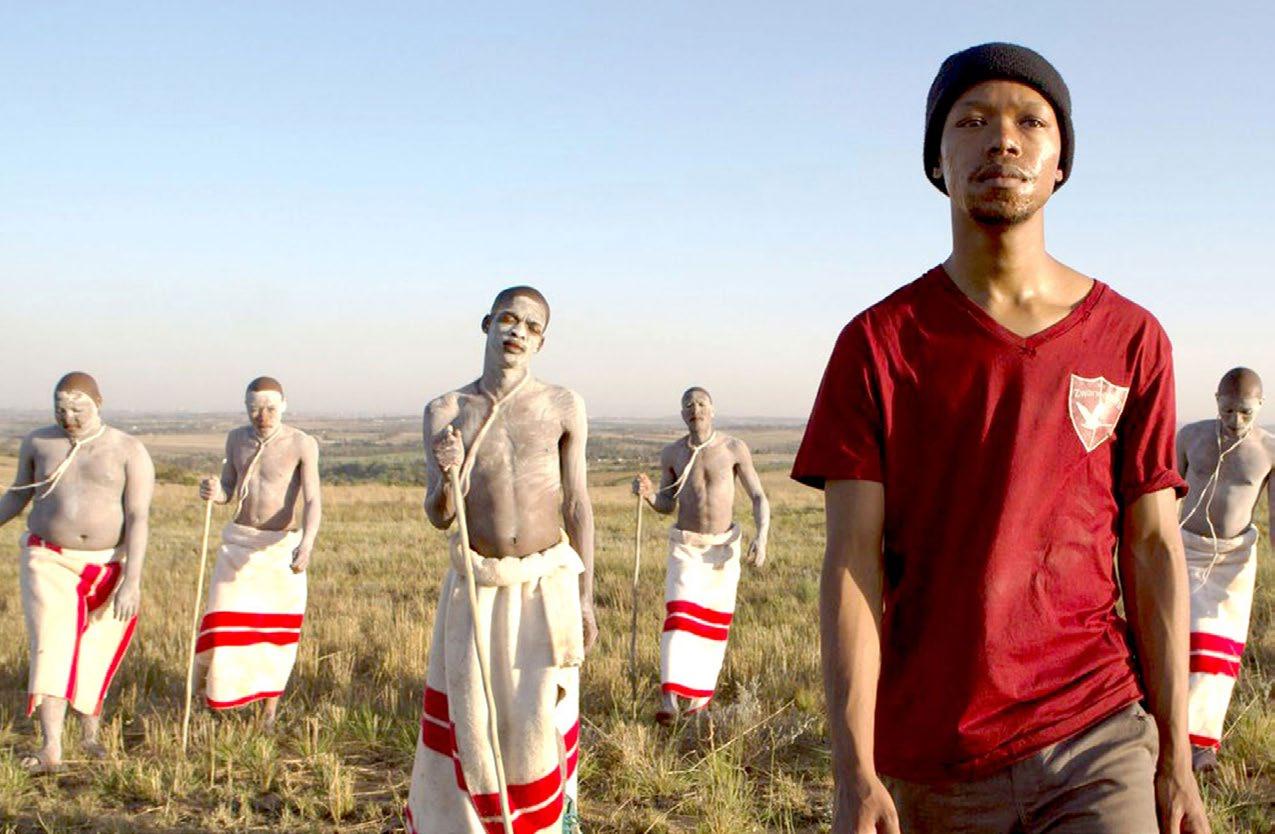
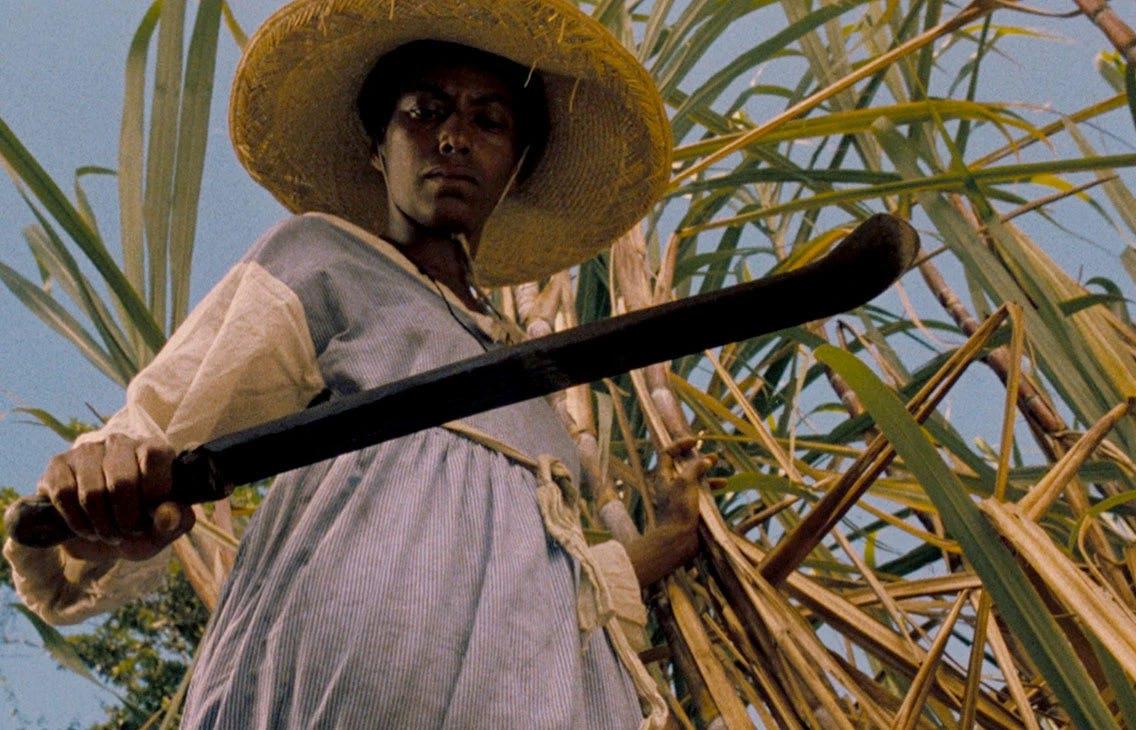

possible by the Henry Luce Foundation
 Made
Made








Made possible by a grant from the Henry Luce Foundation, this two-year program brings together a cohort of scholars, faith leaders, activists, and artists of color to explore religion and racial justice through the lens of film. The cohort convenes monthly—twice in-person and otherwise online—to reflect on films that engage the topics of religion and race. These meetings provide cohort members opportunities to build connections, support one another’s ongoing work, and to broaden understanding of the complex realities of social and racial injustice. Further collaborative work among the cohort is being supported by a select number of microgrants.
Rev. Dr. Kelly Brown Douglas hosted a series of curated conversations with the cohort members about racial justice, religion, and film’s power to engage and transform the public moral imaginary. These interviews are publicly available online.
The cohort convened twice for day-long, in-person meetings at EDS at Union. While on campus, the cohort attend public film screenings with the wider EDS at Union community and was joined in conversation by a guest expert on the selected film.
Amey Victoria Adkins-Jones is Assistant Professor of Theology and African and African Diaspora Studies at Boston College. Professor Adkins-Jones is finalizing her first monograph project, Immaculate Misconceptions: Black Mariology, Freedom, Fugitivity, a theological account of the rise of the global sex trade. She is at work on a second project, See No Evil: A Theology of Black Life, a theological account of technology and anti-Blackness. Outside of academia, Professor Adkins-Jones is an ordained Baptist minister who frequently preaches and teaches around the country, and brings pastoral sensibility to her work centering social justice. She is a practicing birth worker, a trained iconographer, and has a career background in UX Copywriting and Design. A ‘displaced Southerner,’ she joyfully builds community and hospitality with her family in Newark, NJ.
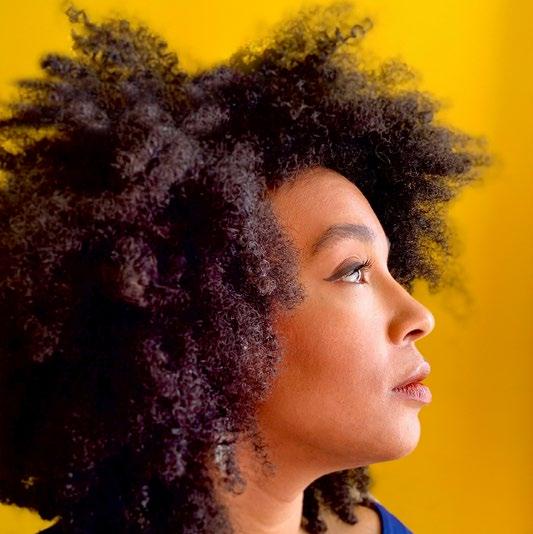
Samah Choudhury is an Assistant Professor in the department of Philosophy and Religion at Ithaca College where she teaches courses on religion, race, pop culture, and Islam. Her research looks at contemporary American Muslim cultural production. She is at work on her first book, titled American Muslim Humor and the Politics of Secularity, which examines how Muslims have articulated themselves through the medium of standup comedy in the U.S., and the ways that Islam gains recognition or becomes obscured under the specter and demands of U.S. multicultural secularism. Last year, she was awarded the Institute for Social Policy and Understanding’s Young Scholar Award for her research. Samah holds a Ph.D. in Islamic Studies from UNC Chapel Hill. You can learn more about her and her work at samahchoudhury.com.

Ashon Crawley is a writer, artist and teacher, exploring the intersection of performance, blackness, queerness and spirituality. Associate professor of Religious Studies and African-American and African Studies at the University of Virginia, he is author of Blackpentecostal Breath: The Aesthetics of Possibility (Fordham University Press) and The Lonely Letters (Duke University Press). He is currently writing a book about the practice of black social life; a manuscript from his ongoing research about the Hammond B3 organ, the black church and sexuality; and a short story collection. Founder of the Otherwise Arts Lab, an integrative arts practice and space, he’s had art residencies with Yaddo, MacDowell and New City Arts Initiative. His audiovisual art has been featured at Second Street Gallery, Welcome Gallery, Bridge Projects and the California African American Museum. All his work is about otherwise possibility.
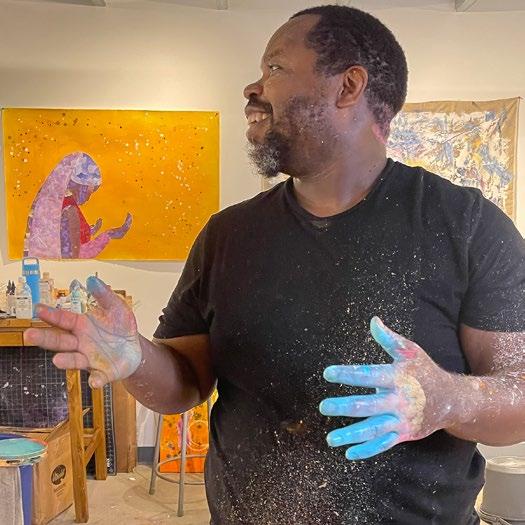 Amey Victoria Adkins-Jones
Amey Victoria Adkins-Jones
Jeremy V. Cruz is Associate Professor of Theology and Religious Studies at St. John’s University in Queens, NY. A social ethicist, his research investigates relationships between morality, public theology, and social movements. He has published in academic journals such as American Catholic Studies and the Journal of Hispanic/Latino Theology, and popular venues like America Magazine and the National Catholic Reporter. His forthcoming book, titled Equality and Catholic Social Teaching: Advancing an Emerging Tradition (Palgrave Macmillan), deepens the integration of Catholic social thought with moral theories of equality. Dr. Cruz earned his Ph.D. in theological ethics from Boston College and has served as a board member of the Academy of Catholic Hispanic Theologians of the United States (ACHTUS) and as co-chair of the Latinx Religion, Culture & Society Group of the American Academy of Religion.
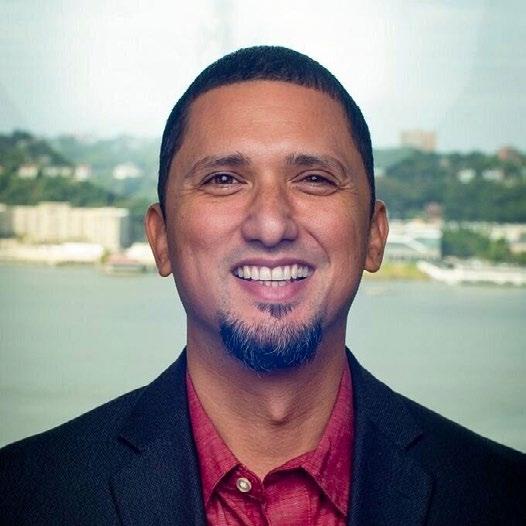
Mihee Kim-Kort is an ordained Presbyterian (PCUSA) minister and serves as co-pastor with her spouse of First Presbyterian Church in Annapolis, MD. She is a doctoral candidate in Religious Studies at Indiana University with degrees in divinity and theology from Princeton Theological Seminary and English Literature and Religious Studies from the University of Colorado-Boulder. Her writing and commentary can be found in The New York Times, TIME, BBC World Service, USA Today, Huffington Post, Christian Century, On Being, Sojourners, Faith and Leadership, The Revealer, and Religion Dispatches

Gabby Rivera is a Bronx-born queer Puerto Rican babe on a mission to create the wildest, most fun stories ever. She’s the first Latina to write for Marvel comics, penning the solo series AMERICA about America Chavez, a portal-punching queer Latina powerhouse. In 2017, Gabby was named one of the top comic creators by the SyFy network, and one of NBC’s #Pride30 Innovators. Gabby currently resides on the West Coast in California and hosts Joy Uprising, a podcast that brings together her favorite revolutionary humans to honor joy in a chaotic world. Her debut novel, Juliet Takes a Breath, was a People magazine’s Best Book of Fall 2019 and An Amazon Best Young Adult Book of 2019.
 Jeremy V. Cruz
Mihee Kim-Kort
Jeremy V. Cruz
Mihee Kim-Kort
Simran Jeet Singh, Ph.D., is the Executive Director of the Religion & Society Program at the Aspen Institute and national bestselling author of The Light We Give: How Sikh Wisdom Can Transform Your Life (Riverhead, Penguin Random House). Simran is a Visiting Professor of history and religion at Union Seminary, a Senior Adviser on Equity and Inclusion for YSC Consulting, and a Soros Equality Fellow with the Open Society Foundations. He is a regular contributor to major news outlets on topics related to religious pluralism, religious freedom, diversity and equity, and in addition to his monthly column for Religion News Service, his work has been featured in The Washington Post, CNN, and TIME Magazine. In 2018, Simran received the Peter J. Gomes Memorial Award from Harvard University for his work in religious pluralism. He lives in New York City with his family.

Danté Stewart is an award-winning writer, speaker and author of Shoutin’ In The Fire: An American Epistle. Named by Georgia Writers Association as “Georgia Writer of the Year 2022 (Memoir), by The Center for American Progress as one of “22 Faith Leaders to Watch in 2022” and by Religion News Service as one of “Ten Up-AndComing Faith Influencers,” his work has appeared in the New York Times, The Washington Post, ESPN’s Andscape, Sojourners, NPR, CNN, and more.
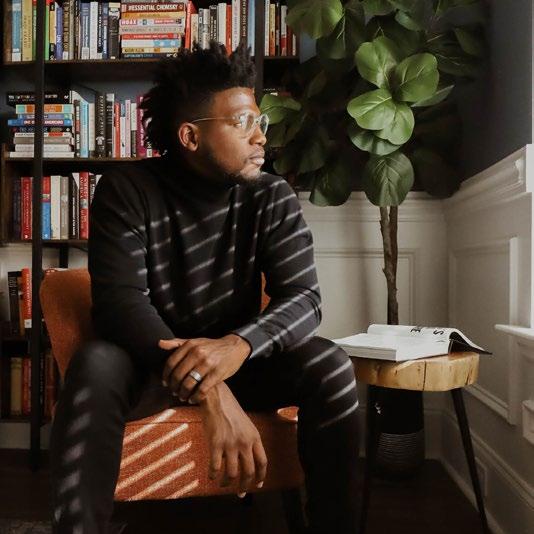
John J. Thatamanil is Professor of Theology and World Religions at Union Theological Seminary in New York. He is the author of Circling the Elephant: A Comparative Theology of Religious Diversity (Fordham, 2020) and The Immanent Divine: God, Creation, and the Human Predicament. An East-West Conversation. He is currently working on a book entitled, Desiring Truth: The Quest for Wisdom in a Post-Truth Era. He is a past President of the North American Paul Tillich Society. He teaches a wide variety of courses including, “Hindu Religious Thought and Practice,” “Paul Tillich as Public Theologian,” “Process Theology,” and “Double Belonging: On Multiple Religious Participation.” He regularly co-teaches a course on Gandhi and King with Cornel West. Thatamanil is an Anglican/Episcopalian who also reads and practices in traditions of Hindu and Buddhist nondualism. He is also an ordained Priest in and the Diocesan Theologian for The Anglican Diocese of British Columbia.
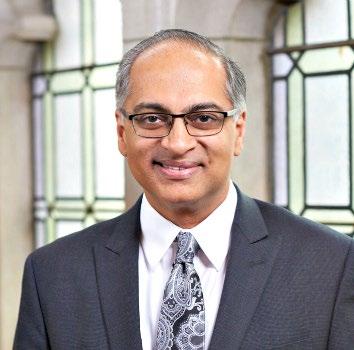 Simran Jeet Singh
Danté Stewart John J. Thatamanil
Simran Jeet Singh
Danté Stewart John J. Thatamanil
Dr. Rima Vesely-Flad is Visiting Professor of Buddhism and Black Studies at Union Theological Seminary. She is the author of Black Buddhists and the Black Radical Tradition: The Practice of Stillness in the Movement for Liberation (NYU Press, 2022) and Racial Purity and Dangerous Bodies: Moral Pollution, Black Lives, and the Struggle for Justice (Fortress Press, 2017). She is currently at work on a new manuscript, The Fire Inside: James Baldwin, Audre Lorde, and the Dharma (Forthcoming, Harper Wave, 2024). She leads retreats and classes for dharma centers throughout the U.S.
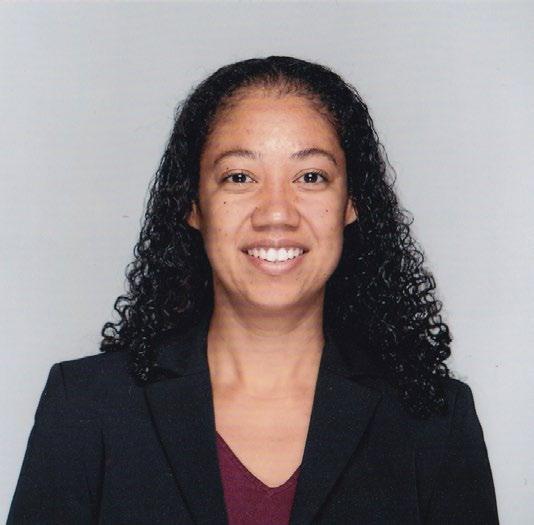
Rev. Dr. Starsky Wilson is president & CEO of the Children’s Defense Fund (CDF) and CDF Action Council. CDF envisions a nation where marginalized children flourish, leaders prioritize their well-being, and communities wield the power to ensure they thrive. From 2011 through 2020, Rev. Wilson was president & CEO of Deaconess Foundation, a faith-based philanthropy for child well-being and racial justice in St. Louis. From 2008 through 2018, Dr. Wilson also pastored Saint John’s Church (The Beloved Community), a multiracial congregation in the city. Dr. Wilson earned a bachelor’s degree in political science from Xavier University of Louisiana, Master of Divinity from Eden Theological Seminary, and the Doctor of Ministry from Duke University. He is married to Dr. LaToya Smith Wilson, a dentist and child advocate. They are raising four children.

Savannah Wood is an artist with deep roots in Baltimore and Los Angeles. Wood works primarily in photography, text and installation to explore how spirituality, domesticity, and our relationships to place shape our identities. Major themes in her work include ancestral research, reframing land as a readable archive, and depicting humans as part of, rather than separate from, the natural world. Wood is also the Executive Director of Afro Charities, where she creates infrastructure to increase access to the 130-year-old AFRO American Newspapers’ extensive archives. Wood is a graduate cum laude of the University of Southern California, a 2022 Saul Zaentz Innovation Fund fellow, 2022 Creative Capital finalist, and a 2019–2021 Robert W. Deutsch Foundation fellow. Like four generations of ancestors before her, she lives and works in Baltimore, Maryland, sharing and preserving Black stories.
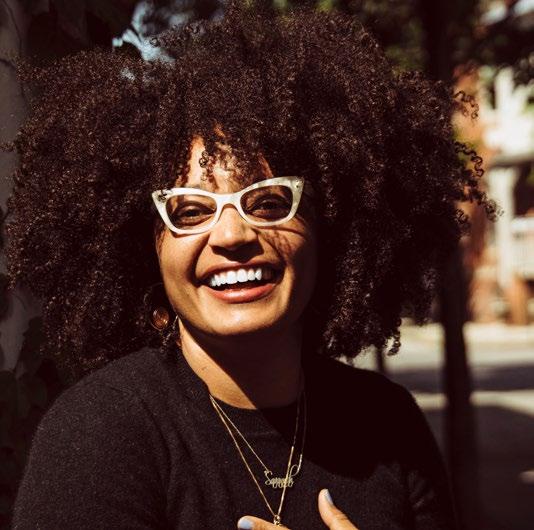 Rima Vesely-Flad
Starsky Wilson
Savannah Wood
Rima Vesely-Flad
Starsky Wilson
Savannah Wood
MONTH
TITLE
OCTOBER 2022 Sankofa*
NOVEMBER 2022 Everything Everywhere
All at Once
DECEMBER 2022 Wakanda Forever
JANUARY 2023 Bless Me, Ultima
FEBRUARY 2023 A Separation*
MARCH 2023 The Wound

APRIL 2023 But I’m a Cheerleader
MAY 2023 Harriet
PRESENTER
Kelly Brown Douglas
Mihee Kim-Kort
Group
Jeremy Cruz
Samah Choudhury
Ashon Crawley
Gabby Rivera
Amey Victoria Adkins-Jones
*In-person screening
I selected But I’m a Cheerleader as a film to share with our cohort because it was the first queer film that made me laugh and gave me a joyful hope for the future. Up until the release of this film, many of the LGBTQ stories that were being told centered on HIV aids, and other traumas that LGBTQ people have experienced in this life, and while those films are so necessary and important and vital to my/ our growth, it was But I’m a Cheerleader that gave me permission to be zany and free and unapologetically queer.
As an ex-evangelical, queer kid, this film also offered a searing critique of the homophobia and transphobia in evangelical Christian churches, while also providing the opportunity to be flamboyant and again, unapologetically, questioning heteronormativity and traditional gender roles & expression.
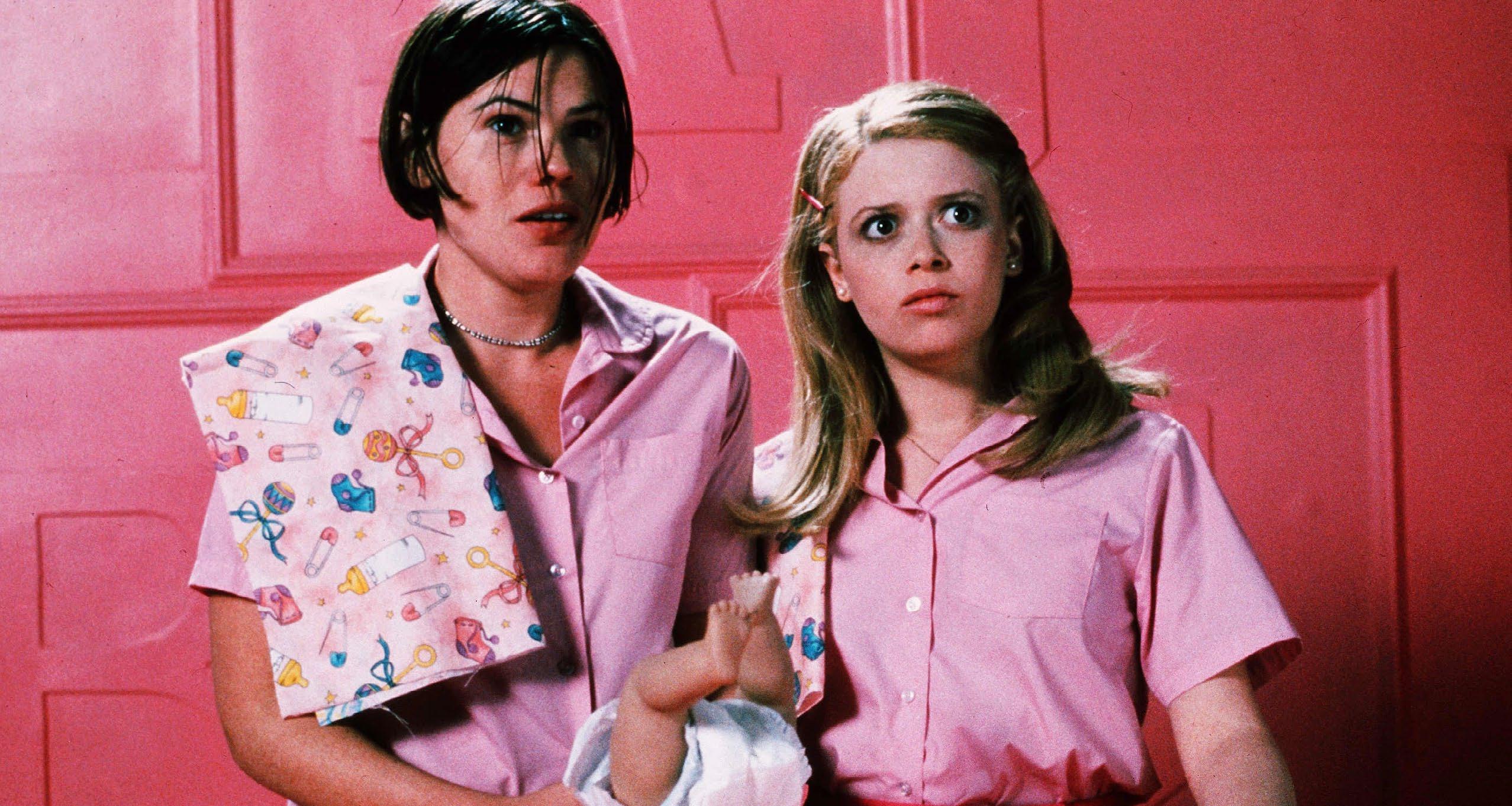
I loved sharing this film with our cohort, and the insight provided was priceless. I enjoyed that we grappled with the films unfortunate centering of whiteness, while also appreciating the critique of Christianity and white evangelical culture. As an older queer person, I felt really supported by the cohort seeing why this film would be so important to me. Especially considering it came out in the late 90s when LGBTQ representation was minimal and again mostly focused on the “trauma of being gay.”
As we continue to grapple with, and expand the moral imaginary, it is important to see absurdity, flamboyance, and humor as powerful tools of revolution, especially for LGBTQ people of color. But I’m a Cheerleader is the quintessential example of that, and it also highlights what is possible when we believe in ourselves, and our visions as queer people.

Produced by the celebrated Ethiopian filmmaker Haile Gerima, the film centers on the Atlantic slave trade.
“Clearly, Gerima intends for Sankofa to expand the boundaries of Black representation in ways that include more diverse, realistic, and empowering images and, in turn, enable Black audiences to see themselves in new ways that are divorced from dominant images.”
–E. Assata Wright, Black Film ReviewLovia Gyarkye is a culture critic at The Hollywood Reporter based in New York. Previously, she was an editor at The New York Times Magazine Labs and a researcher at The New York Times Book Review. Her work has appeared in The New York Times, The Atlantic and The Nation.
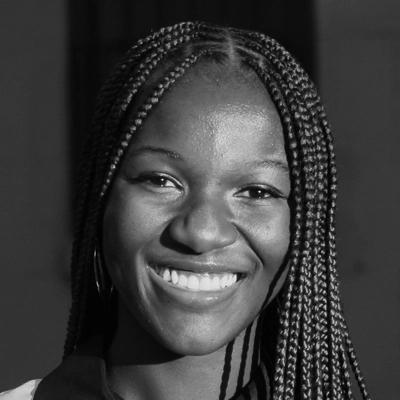
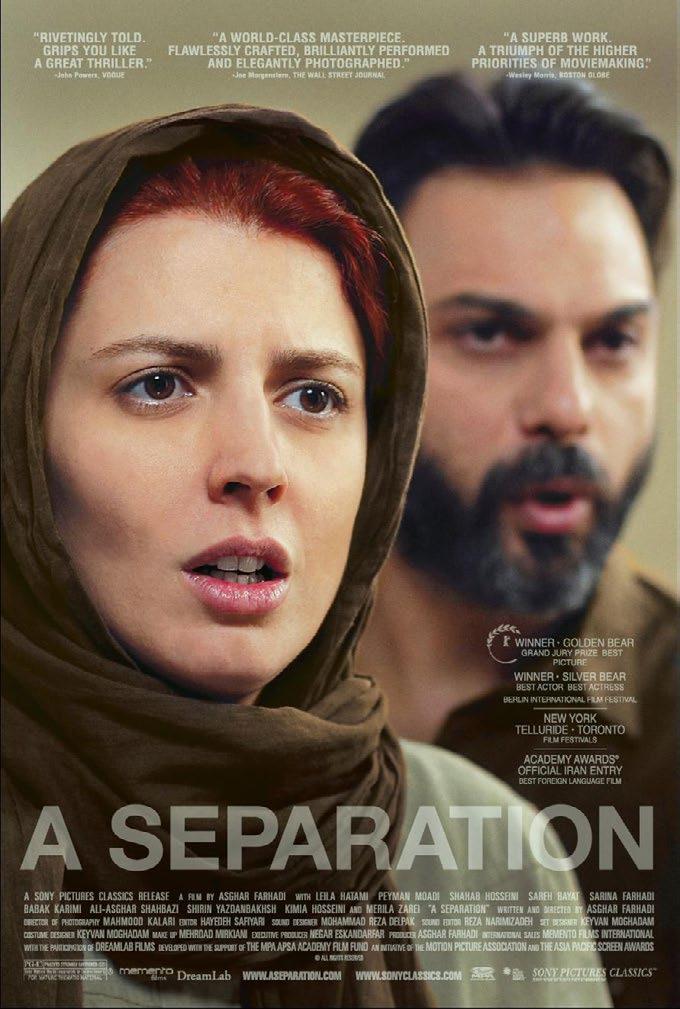
This Iranian drama was written and directed by Asghar Farhadi and became the first Iranian film to win the Academy Award for Best Foreign Language Film in 2012. The film tells the story of a couple, Nader and Simin, and explores themes of family, morality, and the Iranian legal system.
Golbarg Rekabtalaei is Assistant Professor in the Department of History at Seton Hall University and a cultural and social historian of modern Iran. Her research focuses on the relationships between culture and cultural production, modernity, cosmopolitanism, urbanization, nationalism, and revolutions.
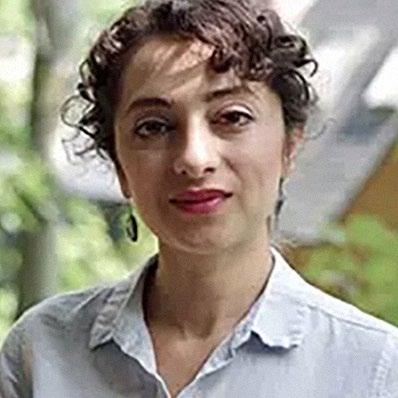
Why did you choose this film?
This film, A Separation, is one of those densely crafted films where every moment is measured and has something to say—every wayward glance, every side conversation, every background shot. That, against the backdrop of how Iran has been imagined and animated in the eyes of the United States, means what we— a cohort of American scholars, journalists, and artists— see in this tight family drama is also going to be colored by hegemonic notions of Islam, secularism, gender roles, and morality. I knew that collision would make for a great conversation with the members of this group: how do we see embodiments of being Muslim and being secular play out in a religious court system, how do we measure moral arcs and individual responsibilities when so much/so little is at stake?
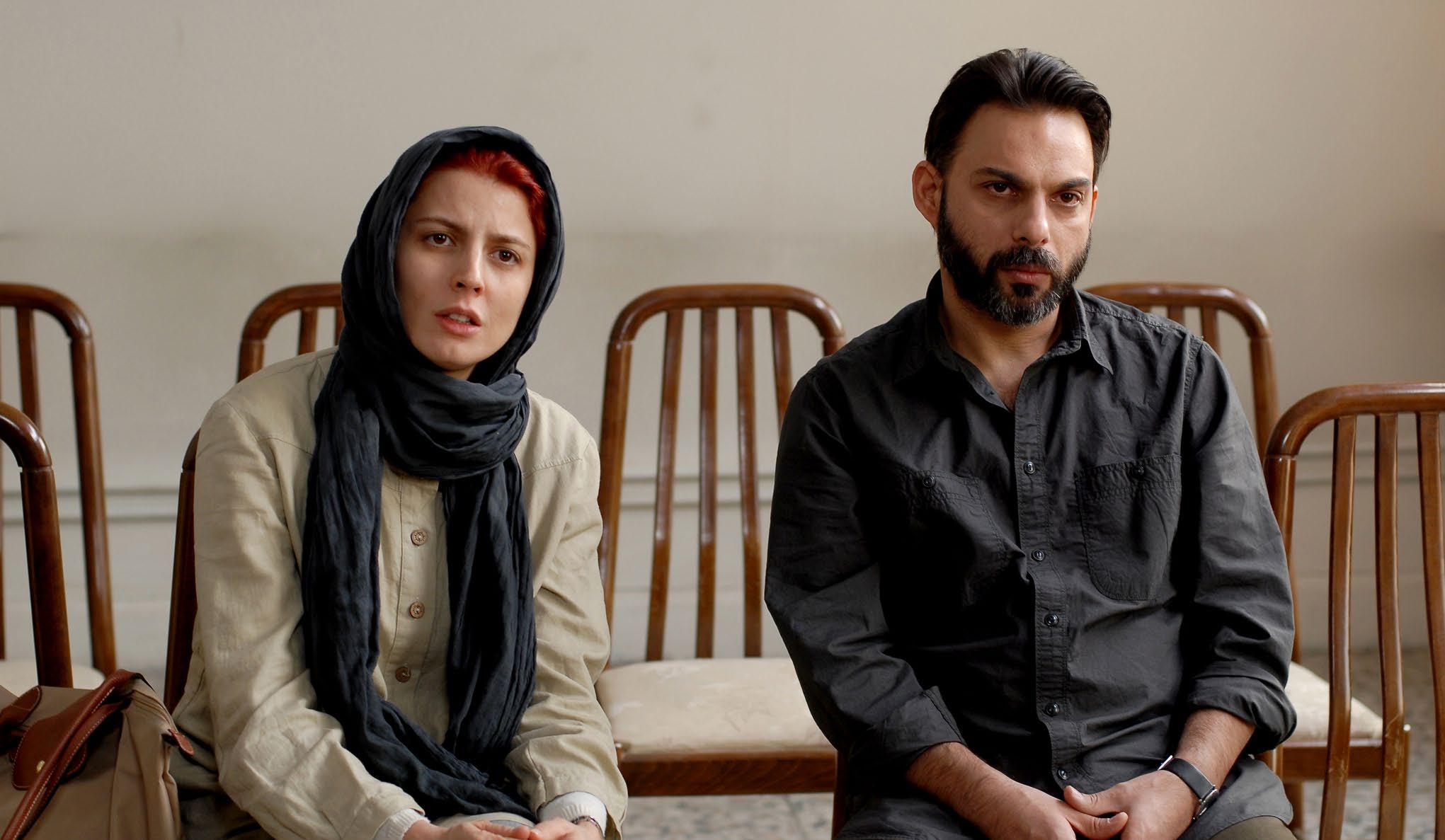
What did the cohort’s discussion help you see that you hadn’t seen before?
I’ve watched this film several times now, but the moral clarity that the cohort discussion saw present in the eyes of two side characters (the two respective daughters of each family) was a new way to read the body of the film and its bookends. That a future generation learns how the right and wrong way “to be” in the world through the mistakes and missteps of their parents was a somber reading of trauma that I hadn’t considered before my colleagues brought it up.
10/26/22
Amey Victoria Adkins-Jones
11/10/22 Gabby Rivera
Black Mariology, film, and media portrayals of racist violence.
Rivera’s commitment to prioritizing joy in QTPOC communities, her forthcoming novel on navigating a Pentecostal faith tradition, and the significance of Marvel films such as Black Panther: Wakanda Forever.
1/30/23 Starsky Wilson & Savannah Wood
Attacks on critical race theory and the implications of bans on Black history and the story of race from schools, and the importance of continuing historical education with Black Youth at home, in church, and in Black media.
2/6/23 Ashon Crawley
Implications of white Christian nationalism within the Black church and community, the importance of uplifting the voices of young writers and artists as they inspire the next generation, Crawley’s upcoming book project, and representation in media and its impact on shaping racial perceptions and attitudes.
3/23/23 John Thatamanil & Rima Vesely-Flad
The role of interreligious witness and dialogue in a nation facing a dangerous resurgence of white Christian nationalism, and the power of representation in film and popular culture ‘showing us ourselves’ us with a deeper moral imagination.
4/24/23 Jeremy Cruz & Simran Jeet Singh
The role of interfaith dialogue and religious leaders in combating White Christian supremacy and cultural intolerance, the power of film to expand the moral imaginary and engage organizing movements especially in a time of book banning and racialized history.
5/8/23 Samah Choudhury
The limitations of the moral imaginary of the United States, the challenge of whiteness and Christian supremacy operating in plain sight, her book project, titled “American Muslim Humor and the Politics of Secularity,” and the power of film and pop culture as public archives.
Why did you choose this film?
I picked Everything Everywhere All at Once because of the Asian/American representation and the genre (although it seems to defy category). I loved the possibility of seeing Asian/Americans in roles that were emotional and heartfelt, but particular to Asians in America: the language and cultural obstacles within families, the representation of generations, the idiosyncrasies of home life, but the universalizing demonstration of family and kinship, all the struggles between spouses, mothers and daughters, and generations. I also love movies about the multiverse, and the quirkiness of the movie’s take on it.
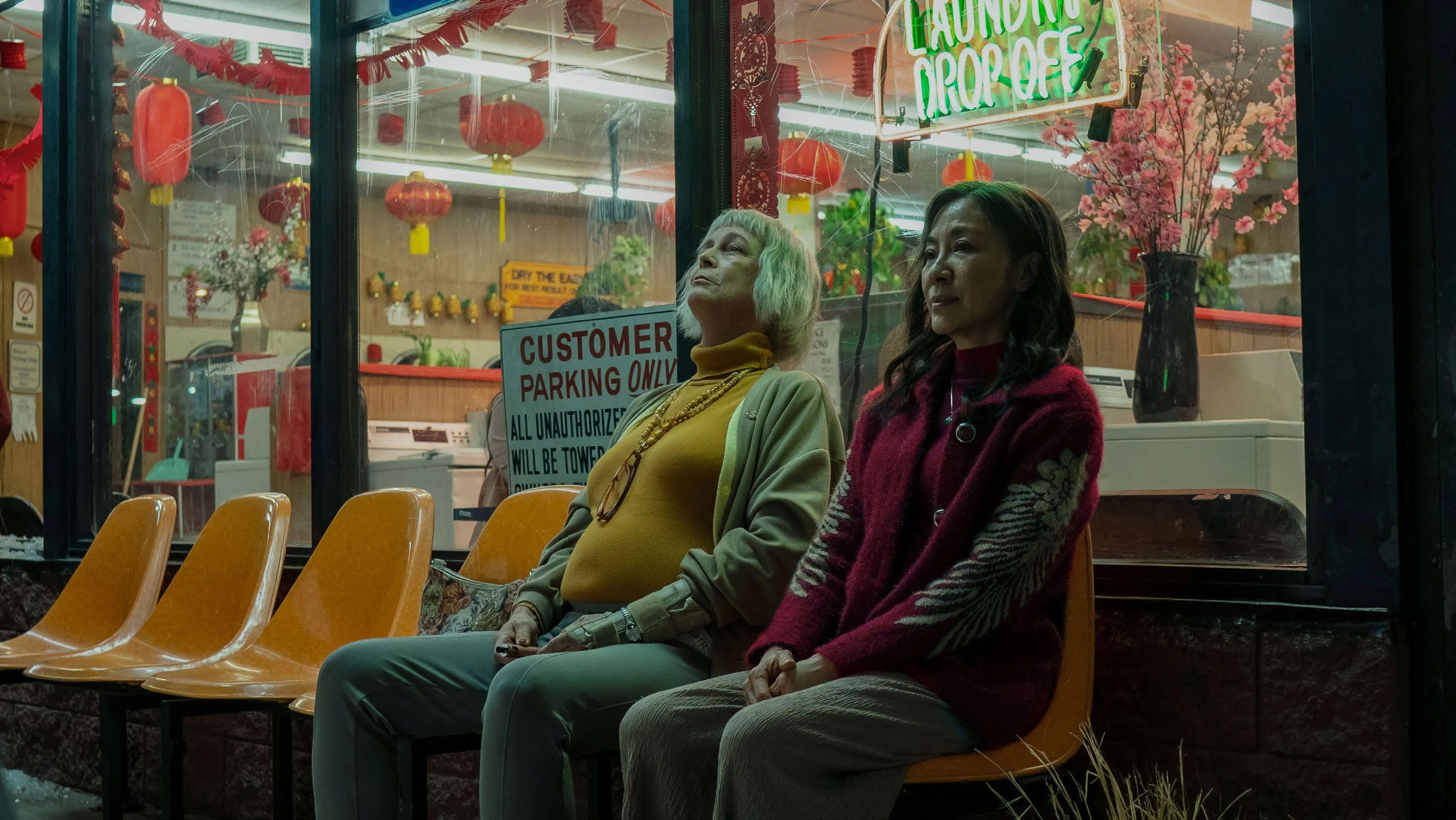
What did the cohort’s discussion help you see that you hadn’t seen before?
The conversation was so interesting, and while I didn’t agree with everyone’s takes on it, I felt like the conversation was really rich and gave me another space to think through and articulate my thoughts on diaspora culture, cultural translation and interpretation, the role of pop culture in shaping subjects and subjectivity, and the relationship between the absurd and the ordinary. EEAAO has won so many awards now, so it’s interesting to think back to the conversation and the first time I had watched it, and I continue to reflect on the power of film not only in terms of representation and narratives, but giving us a way to talk about how people/communities/ethics are formed by these conversations.

10 of the 12 cohort members are continuing in 2023–2024. Stay tuned for future conversations, film screenings, and creative collaborations! Episcopal
